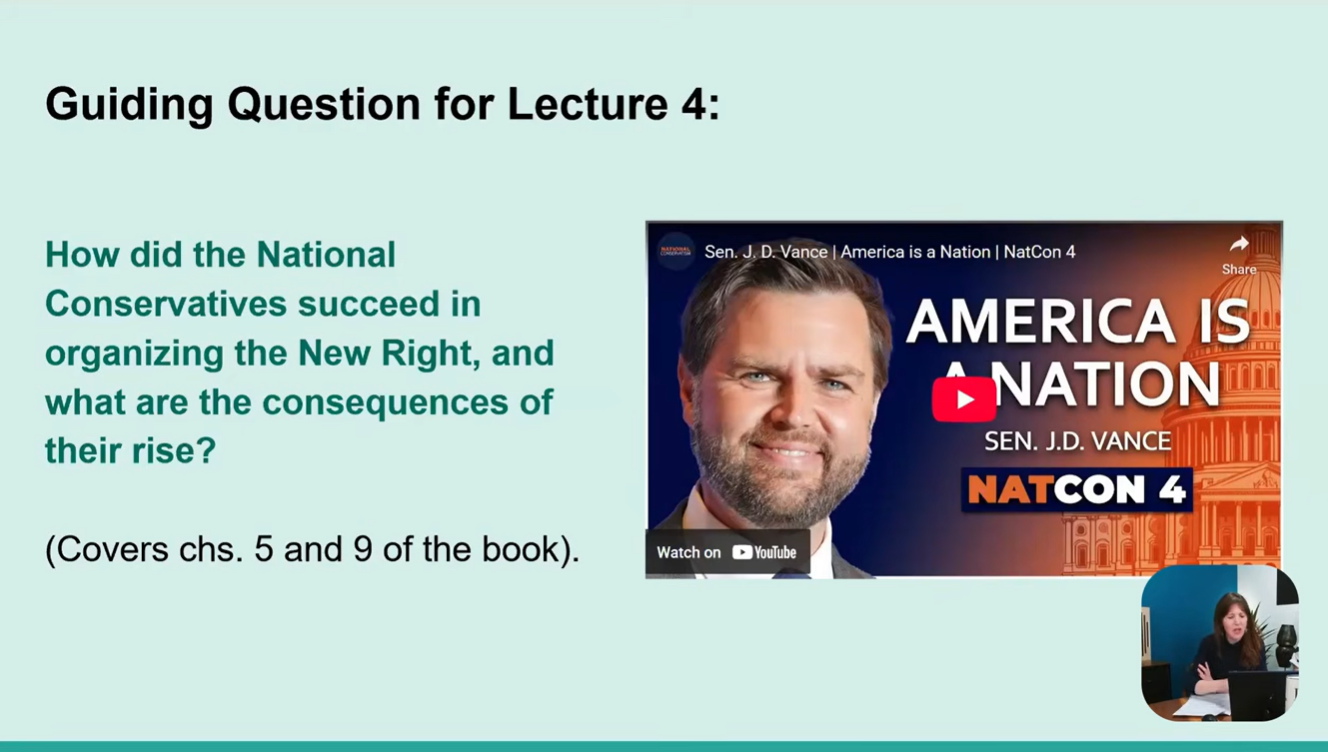The Week that Was: All of Lawfare in One Post
Matthew Kahn shared a primer on the history of the 25th Amendment and presidential disability after President Trump asked of the amendment, “What’s that?” Bob Litt reminded readers that the so-called "Steele dossier" did not play a role in the intelligence community’s January assessment on Russian interference.
Matthew Kahn shared a primer on the history of the 25th Amendment and presidential disability after President Trump asked of the amendment, “What’s that?” Bob Litt reminded readers that the so-called "Steele dossier" did not play a role in the intelligence community’s January assessment on Russian interference. Paul Rosenzweig explained the CFIUS process in the context of allegations that Hillary Clinton’s State Department went easy on a Russian uranium transaction.
Ashley Deeks, Sabrina McCubbin, and Cody Poplin analyzed how lessons from U.S. counter-Soviet propaganda efforts can apply to current Russian influence operations. Vanessa Sauter posted the Lawfare Podcast, featuring a panel discussion with Benjamin Wittes, Julia Ioffe, Bryan Fogel, and Strobe Talbott from a Brookings Institution screening of the documentary "Icarus":
Benjamin Wittes praised Sen. Jeff Flake’s speech against Trump and his colleagues in the Senate. Susan Hennessey and Wittes shared their column from Lawfare@FP, noting Jeff Sessions’s extraordinary failure to address how the Justice Department’s preparations for future election interference operations.
A Maryland district court issued a preliminary injunction stopping the implementation of the most recent travel ban. Lisa Daniels, David Kimball-Stanley and Ed Stein summarized Judge Theodore Chuang’s order in IRAP v. Trump. Regarding another travel ban proceeding, Josh Blackman argued that the Hawaii District Court’s temporary stay on the ban did not comport with the rational basis test for determining legality. The Trump administration’s 120-day refugee ban expired on Tuesday. Kahn posted the executive order resuming the refugee program. Kahn also flagged the Supreme Court’s order vacating the Ninth Circuit’s ruling on the second travel ban in Hawaii v. Trump.
Sabrina McCubbin summarized pre-trial motions in Smith v. Trump, a case that addresses the extension of the 2001 AUMF to the Islamic State.
Robert Chesney and Steve Vladeck shared the National Security Law Podcast, featuring their analysis of Smith v. Trump, ACLU v. Mattis, and the travel ban developments:
Rick Ledgett argued that Kasperksy must take dramatic steps to restore users’ trust following revelations it aided Russian intelligence in spying on the NSA. On Wednesday, the House Committee on Science, Space and Technology held a hearing on the use Kaspersky products in the federal government. Kahn posted the video.
Kahn flagged the Senate intelligence committee’s draft Section 702 reauthorization bill. Sauter posted a letter from a group of former national security officials urging Section 702’s reauthorization. Chinmayi Sharma summarized Sen. Richard Burr's proposal to reauthorize the expiring authorities. Stewart Baker shared the Cyberlaw Podcast, featuring an interview with Mieke Eoyang and Jamil Jaffer on FISA Section 702 reform.
Baker also posted a second Cyberlaw Podcast—this one, an interview with the president’s homeland security adviser, Tom Bossert:
Garrett Hinck summarized the European Commission’s review of the EU-U.S. Privacy Shield.
Dan Richman assessed how to promote the importance of encryption policy. Vanessa Sauter shared the Lawfare Podcast, featuring with Timothy Edgar about his new book, Beyond Snowden, and mass surveillance:
Joel Whitney responded to Steve Slick’s review of his book, "Finks."
Carrie Cordero highlighted comments from former CIA and NSA director Gen. Michael Hayden, who said that the greatest threat to global stability right now is the United States.
Dana Stuster updated the Middle Easter Ticker, covering an oil dispute in Iraqi Kurdistan, the Saudi Arabia-Qatar crisis, and an Islamic State attack in Egypt Khaled Elgindy reviewed Grant Rumley and Amir Tibon’s The Last Palestinian. In the Foreign Policy Essay, Robin Simcox analyzed policy options for stopping terrorist vehicular attacks. Bobby Chesney answered questions about the possible use of force against al-Mourabitoun in Niger.
Sarah Grant summarized a recent executive order that allows the Pentagon to recall retired service members back to military duty.
Ian Hurd wrote about how liberals and realists think about international law.
Garrett Hinck described a strange sequence of events related to exiled Chinese billionaire Guo Wengui and the Trump administration.
The Lawfare Editors invited readers to the next Hoover Book Soiree on Nov. 1 about Susan Landau’s book, Listening In.
Chris Mirasola summarized last week’s military commissions hearings in the case of the 9/11 accused.
Wittes posted this week's episode of Rational Security: the "How Many Elephants Make a Stampede?" Edition.
And that was the week that was.






